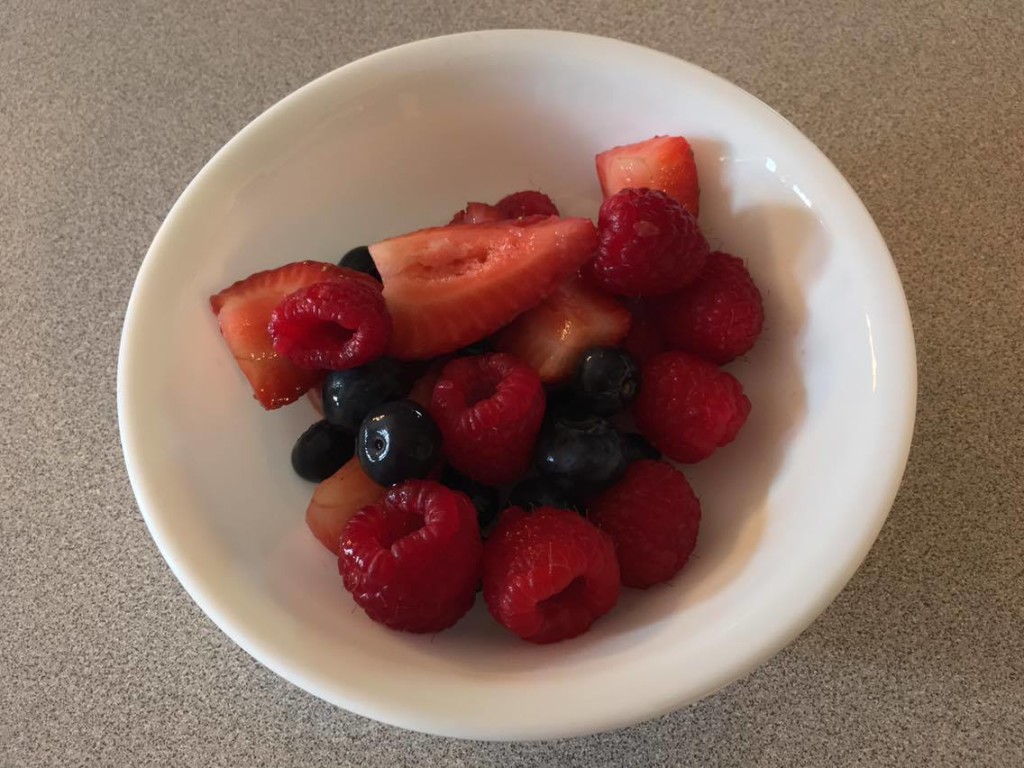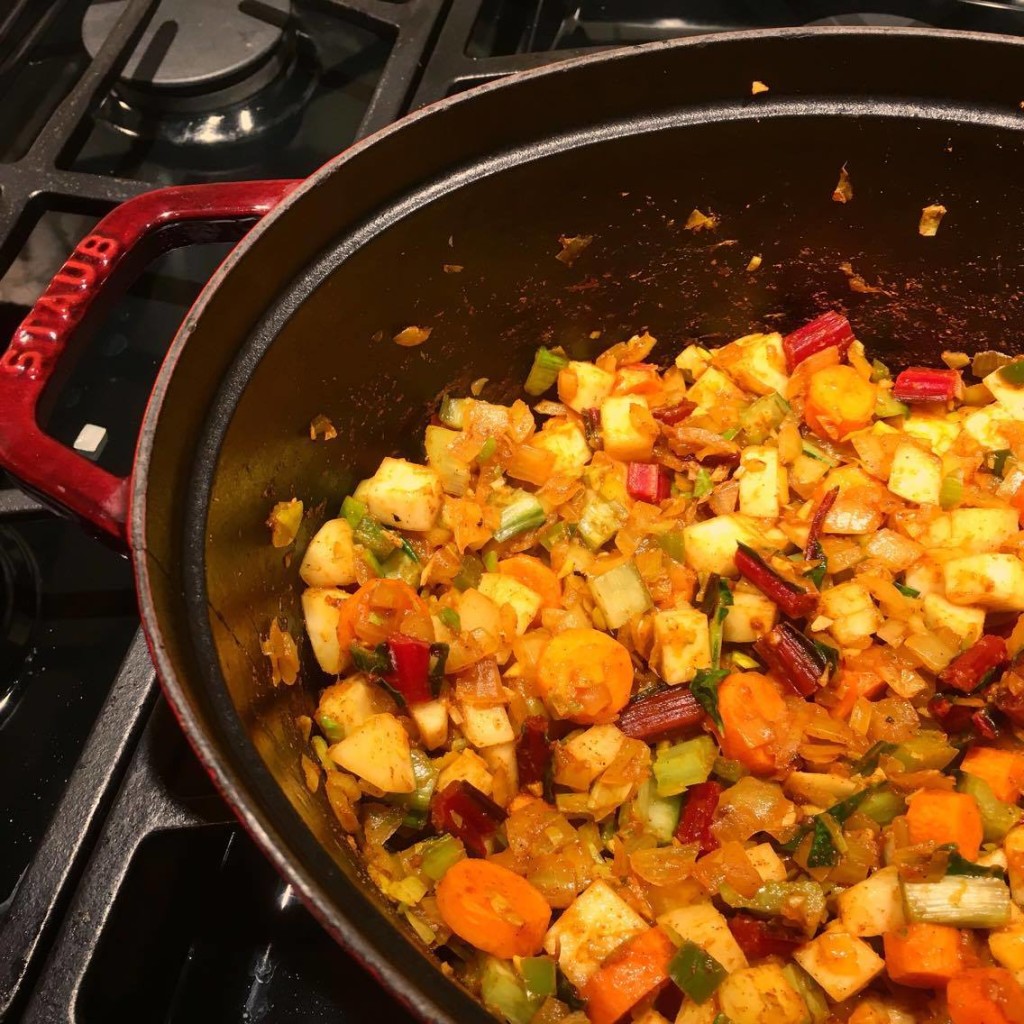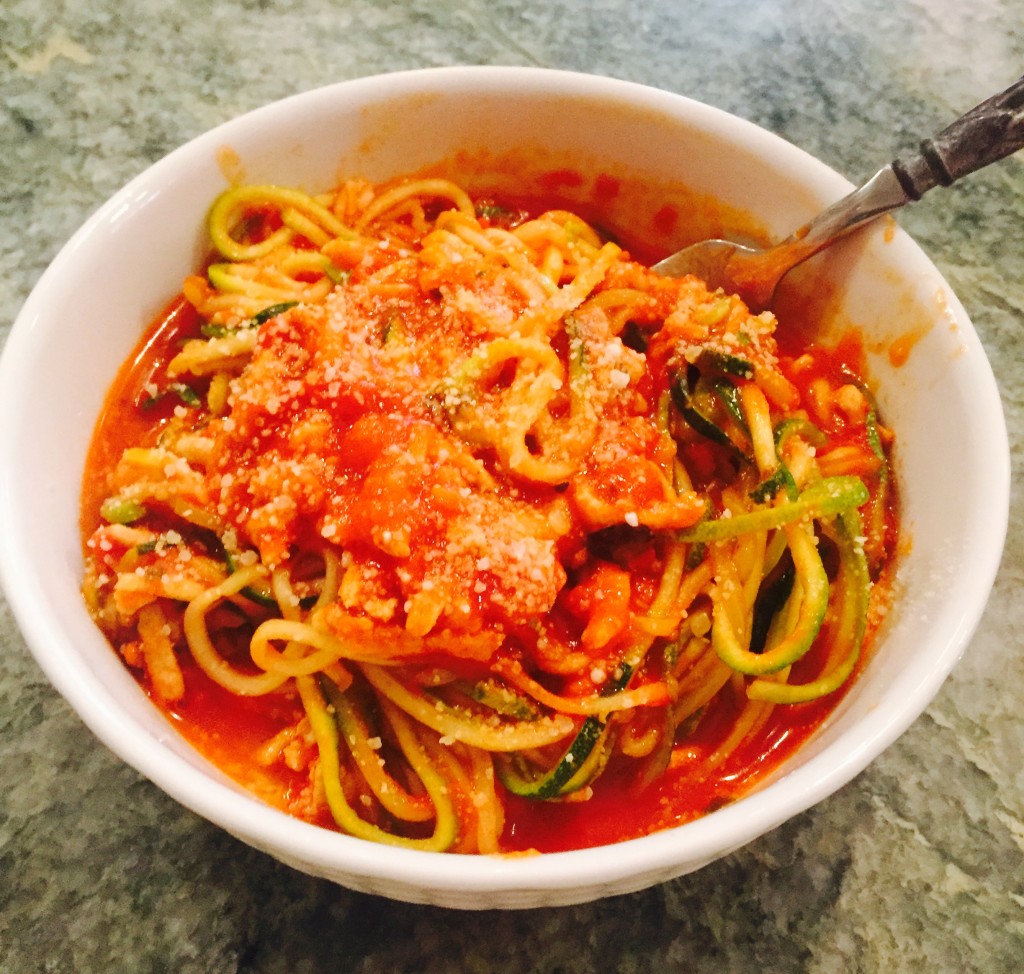My grandparents, aunt, uncle and cousins are crop and livestock farmers, living literally “seven miles from asphalt,” as my aunt jokes. They actually live in the middle of nowhere. The grocery store nearest to them is almost an hour away and the closest Costco is in a different state. It is the definition of rural.
Growing up in the northern suburbs of Chicago, I have always lived within five minutes of a grocery store and near an assortment of restaurants. With one quick phone call I can have pizza, Mexican, Italian, Chinese, Vietnamese or any other type of cuisine delivered to my door. I never worry about food because I can satisfy nearly any craving in a matter of minutes. My grandparents, however, do not have any of these luxuries. If they want to go out to dinner, they have to block out at least three hours of their day for this outing. On a recent visit to the farm, I realized college students can learn a lot from my farm family.
Trips to the grocery store become a weekly event

Photo by Katherine Jenks
When you live far away from the grocery store, you can’t swing by on your way home from work. A trip to the grocery store is a true commitment of your time. There’s no going back after setting out on the hour drive to the store. You’re then bound to spend an hour or so inside shopping, and afterward a final hour for the drive home. It’s safe to say going to the grocery store takes dedication.
You have to plan meals far in advance

Photo by Katherine Jenks
Because you take fewer trips to the grocery store, you have to choose meal plans for the entire week. If you’re craving Chinese on Thursday but planned to make pasta, it’s not so easy to ditch your dinner plans and order takeout. #middleofnowhere. If you think you’ll want a latte this week, you have to plan to buy latte pods for your Keurig on your weekly grocery run.
Perishable food products become impractical

Photo by Katherine Jenks
Foods like spinach and berries do not last more than a couple of days in the fridge, so you cannot buy them too far in advance. In rural communities, frozen fruits and vegetables become go-to products because of their long lasting shelf life and high nutrient content.
#SpoonTip: frozen fruits and vegetables are a great option for college students looking to eat healthier.
If you’re feeling lazy and don’t want to cook, you can’t get takeout

Photo by Katherine Jenks
Some days you’re just too tired or too busy to cook. It’s inevitable. But in rural America, you can’t solve this dilemma by firing up your Seamless app. You need a foolproof backup plan. Having a few ready-to-eat meals on hand, like frozen pizza or cans of soup, for those days when you’re running late, unexpectedly busy or feeling just plain lazy, is absolutely essential.
When you mess up a recipe, you have to bounce back quickly

Photo by Katherine Jenks
Adding in the wrong ingredient or burning an entrée is much worse when you can’t run to the grocery store to buy more food and start again. If you burn something, you need to figure out how to fix it or to turn to your bought-in-advance food stockpile and start on a completely different dish.
You learn to adapt

Photo by Katherine Jenks
When you forget to buy sour cream for tacos or apples for a cake, you learn to concoct quick substitutions. You figure out that you can replace sour cream with plain yogurt and use peach pie filling instead of apples. It seems intuitive to make these substitutions, but in an emergency situation, quick thinking and creativity come in handy.
It’s harder to eat a variety of food if you don’t know how to cook them yourself

Photo by Catherine Walker-Jacks
Since takeout isn’t an option but you’re craving, let’s say, Chinese food, you have to be familiar with Chinese cuisine or have an easy-to-follow recipe to satisfy your appetite. My grandmother makes amazing pasta, but she didn’t learn to do so from Italian parents or cousins; she’s not Italian. She mastered pasta and sauce recipes through trial and error because my entire family enjoys, and consistently requests, pasta. As she always says, try, try and you shall succeed.
Always make extras

Photo by Katherine Jenks
You never know who might show up for lunch. I have three 6-foot-plus cousins who may or may not come by my grandma’s house for dinner on any given Sunday. Neighbors also frequently swing by to say hello without warning. I quickly learned at my grandmother’s house that having extra food around is crucial for these unexpected hellos.
All in all, eating and dining in rural areas can be a bit more difficult than in a city or suburb but yields some pretty great lessons for college students. If you live on a campus without a car, chances are you can’t go to the grocery store more than once a week. You may want to get takeout every night but are too broke to do so. These tips will help you master the cheapest and easiest ways to feed yourself through college and help you survive if you happen to find yourself in a rural community.




